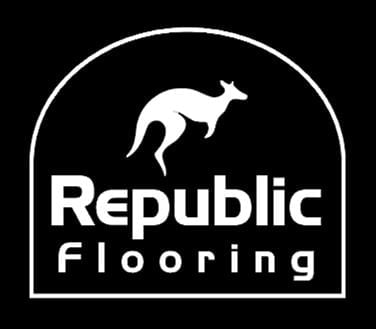About Bamboo flooring
Bamboo Flooring: Sustainable Beauty and Strength
Bamboo flooring has gained popularity as an eco-friendly and stylish alternative to traditional hardwood flooring. Known for its natural beauty, durability, and sustainability, bamboo flooring offers a range of benefits that make it an excellent choice for environmentally conscious homeowners. From its unique aesthetics to its impressive strength, bamboo flooring brings a touch of elegance and sustainability to any space.
Renewable and Sustainable Material:
Bamboo is a rapidly renewable resource, making it an environmentally friendly choice for flooring. Unlike traditional hardwood trees that take decades to mature, bamboo plants can be harvested within 3 to 5 years, making it a highly sustainable option. This rapid growth ensures a consistent supply of bamboo without depleting natural resources or contributing to deforestation. Choosing bamboo flooring helps preserve forests and promotes sustainable practices.
Natural Beauty and Variety:
Bamboo flooring is celebrated for its distinct beauty and unique grain patterns. It features a natural warmth and elegance that can enhance the aesthetics of any room. Bamboo comes in various shades, ranging from light blondes to rich caramel tones, offering versatility in design options. Whether you prefer a modern and sleek look or a more rustic and traditional appeal, bamboo flooring provides a range of styles to suit different interior décor preferences.
Durability and Strength:
Don’t let its elegant appearance fool you—bamboo flooring is incredibly durable. It boasts impressive strength and resilience, making it suitable for high-traffic areas in both residential and commercial spaces. Bamboo’s natural hardness rivals that of many hardwood species, providing resistance against scratches, dents, and wear. With proper care, bamboo flooring can maintain its beauty and structural integrity for years to come.
Moisture Resistance:
Bamboo flooring possesses inherent moisture resistance, making it an ideal choice for areas prone to humidity or moisture, such as kitchens and bathrooms. The natural properties of bamboo fibers help prevent swelling, warping, or cupping when exposed to moisture. However, it is essential to note that while bamboo flooring is more resistant to moisture than hardwood, it is still advisable to promptly clean up spills and avoid excessive water exposure.
Easy Maintenance:
Bamboo flooring is relatively low-maintenance, making it a convenient option for busy households. Regular sweeping or vacuuming, along with occasional mopping with a damp cloth, is typically sufficient to keep the flooring clean. It is important to avoid harsh chemicals or excessive moisture during cleaning, as this can potentially damage the bamboo surface. Following the manufacturer’s care instructions will help preserve the beauty and longevity of your bamboo flooring.
Versatility and Installation:
Bamboo flooring comes in various installation options, including tongue-and-groove, click-lock, or even bamboo planks that can be nailed or glued down. This versatility provides flexibility for installation in different areas of your home. Whether you prefer to hire a professional or embark on a DIY project, bamboo flooring offers options that suit various skill levels and preferences.
Conclusion:
Bamboo flooring combines sustainable beauty, strength, and versatility, making it a desirable choice for environmentally conscious homeowners. Its renewable nature, natural elegance, and durability make bamboo flooring an excellent alternative to traditional hardwood flooring. Enjoy the unique aesthetics and eco-friendly benefits of bamboo while creating a warm and inviting space. Choose bamboo flooring to embrace sustainability and add a touch of natural beauty to your home or commercial environment.
